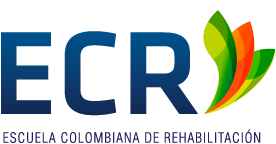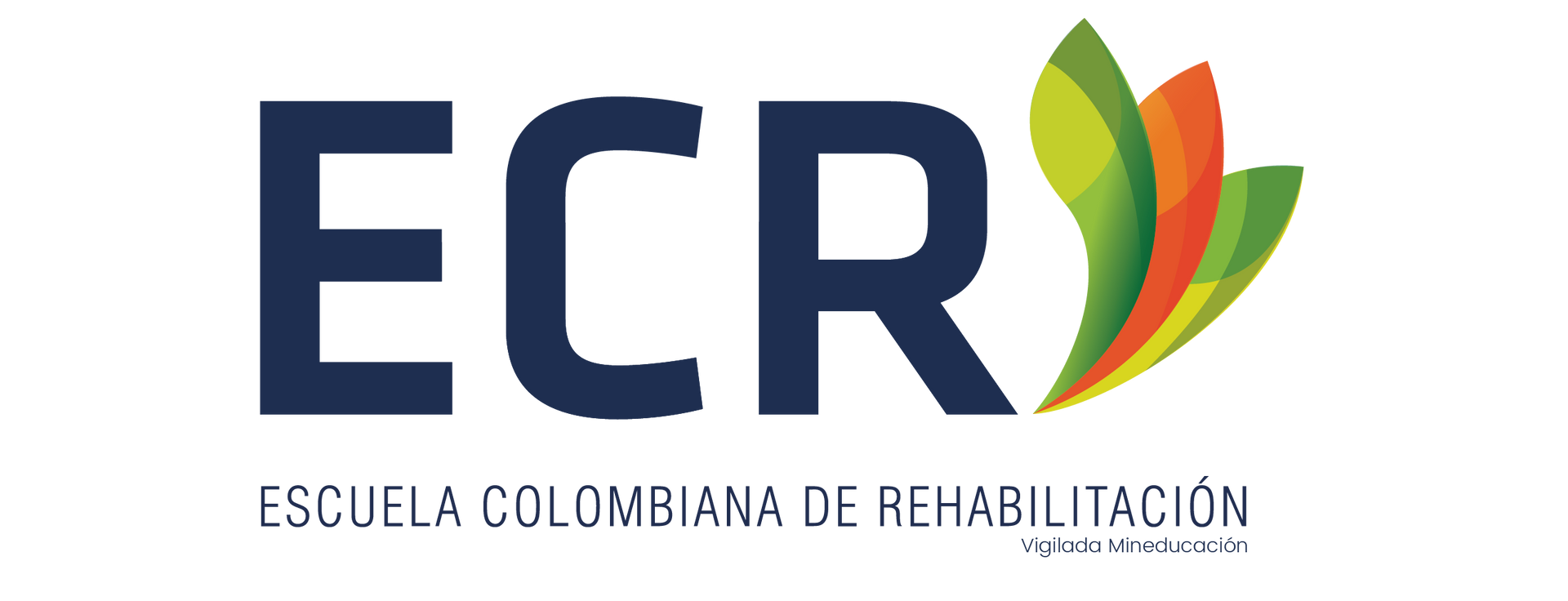
Discover How English Opens Doors to New Cultures
Have you ever stopped to think about how language shapes our understanding of the world? In today's interconnected society, English has become a global bridge, connecting cultures and fostering a deeper appreciation for the diversity that surrounds us. At our university, we believe that learning English is not just about mastering a language, it's about unlocking the doors to a richer understanding of both inner and outer cultures. Our elective courses, "Words and World" and "Urban Vibes," are designed to help students embark on this journey of cultural exploration, using English as the key to unlock the full depth and richness of global cultures.
Language is more than just a means of communication; it's a window into the soul of a culture. When you learn a language, you gain access to the history, traditions, and values of a society. English, being a global language, provides a unique opportunity to explore cultures from every corner of the world. By using English to learn about other cultures, students can explore deeper into the nuances of cultural practices, traditions, and expressions that might otherwise remain inaccessible.
Our elective course "Words and World" takes students on a fascinating journey through the world's cultures, using English as the bridge. From exploring international festivals to savoring global cuisines, this elective course encourages students to engage with diverse cultural practices while improving their English skills. By discussing cultural celebrations, traditional music, and art, students not only enhance their vocabulary but also develop a deeper appreciation for the diversity of human experience. For instance, learning about the vibrant Carnaval in Rio de Janeiro or the colorful Holi festival in India through English allows students to understand the cultural significance of these events and connect with people from different backgrounds.
On the other hand, "Urban Vibes" offers a unique perspective on urban culture, focusing on how cities shape and reflect the identities of their inhabitants. This elective course explores vibrant urban landscapes, from street art to music festivals, highlighting how urban environments influence cultural expression. By studying urban cultures, students gain insights into the dynamic interplay between city life and cultural identity. For example, examining the street art in cities like New York or Berlin through English provides students with a deeper understanding of how urban spaces reflect societal values and cultural trends.
Both elective courses emphasize the importance of English in facilitating cultural exchange. English allows students to access to plenty of information, connect with people from diverse backgrounds, and participate in global conversations. Whether it's reading about cultural traditions, watching documentaries, or engaging in discussions with international peers, English empowers students to navigate the complexities of intercultural communication. This not only enhances their language skills but also fosters empathy and understanding, essential qualities for thriving in today's globalized world.
Moreover, learning English opens doors to exploring one's own culture more deeply. By using English to study local traditions and customs, students can gain a new perspective on their own cultural heritage. This process of self-discovery is just as important as exploring external cultures, as it allows individuals to appreciate the richness of their own cultural identity and share it with others more effectively.
To sum up, learning English is not just about mastering a language, it's about unlocking the doors to a richer understanding of both inner and outer cultures. Through elective courses like "Words and World" and "Urban Vibes," our students are embarking on a journey that combines language learning with cultural exploration. As they explore the vibrant and inner richness of global cultures, they are not only becoming more proficient in English but also more empathetic and open-minded individuals, ready to succeed in an increasingly interconnected world. So, how do you think language can be used to bridge cultural gaps and foster global understanding? Share your thoughts and experiences in the comments below!
Fundación sujeta a inspección y vigilancia del Ministerio de Educación Nacional, con personería jurídica reconocida mediante la Resolución No. 5090 de noviembre de 1995.
Certificaciones
La institución
Biblioteca
Pregrados
Posgrados
Educación continuada
Técnicos laborales
Soy ECR
Información de interés
Interactúa con la ECR
Todos los derechos reservados | ECR Escuela Colombiana de Rehabilitación - Términos y Condiciones - Mapa del sitio










